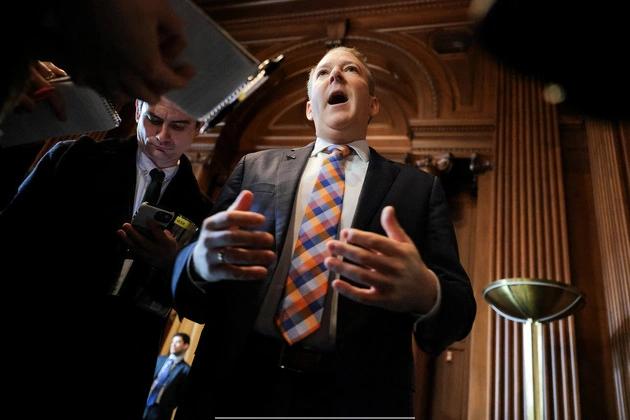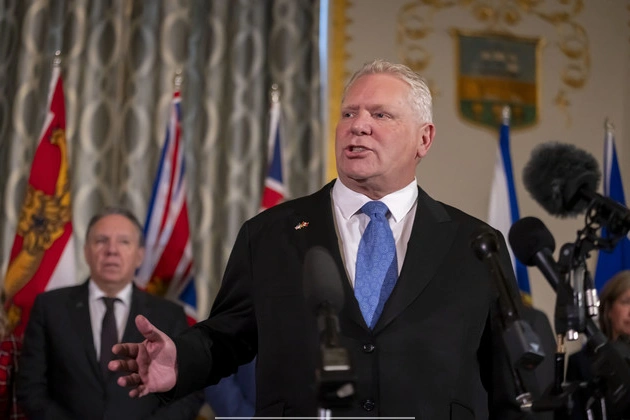
A growing number of House Republicans are advocating for the preservation of clean energy tax credits in the Democrats’ climate law, emphasizing the importance of developing clean energy to meet national energy goals. These tax incentives have spurred significant investments in GOP-controlled districts, prompting lawmakers to resist any attempts to eliminate them.
The pushback against cutting these incentives, which have facilitated billions in investments, complicates Republicans’ efforts to reduce federal spending without impacting key programs. The lawmakers stress the need to maintain ongoing energy projects to advance the ‘America First’ agenda and ensure energy security.
House Republicans are gearing up to define the specifics of the budget bill through the reconciliation process, with a focus on protecting vital tax credits. The debate centers on the economic implications of repealing or phasing out these incentives, highlighting potential consequences for ratepayers and project viability.
Efforts to safeguard clean energy tax credits align with President Trump’s energy objectives and have garnered bipartisan support. Lawmakers emphasize the role of these incentives in driving innovation, boosting manufacturing, and enhancing energy production to meet rising demand.
As discussions progress, House Republicans are poised to defend various tax credits, including those supporting biofuels, carbon capture, advanced manufacturing, and tech-neutral credits for diverse energy sources. The bipartisan support for expanding key credits underscores the significance of maintaining a balanced energy policy.
Republicans’ receptivity to industry stakeholders’ arguments signals a potential consensus on preserving these tax incentives. The ongoing dialogue between policymakers and energy industry representatives aims to sustain investments, promote energy security, and foster economic growth.
While deliberations continue on the fate of clean energy tax credits, House Republicans remain committed to a comprehensive approach that safeguards critical incentives, spurs innovation, and bolsters America’s energy leadership.















